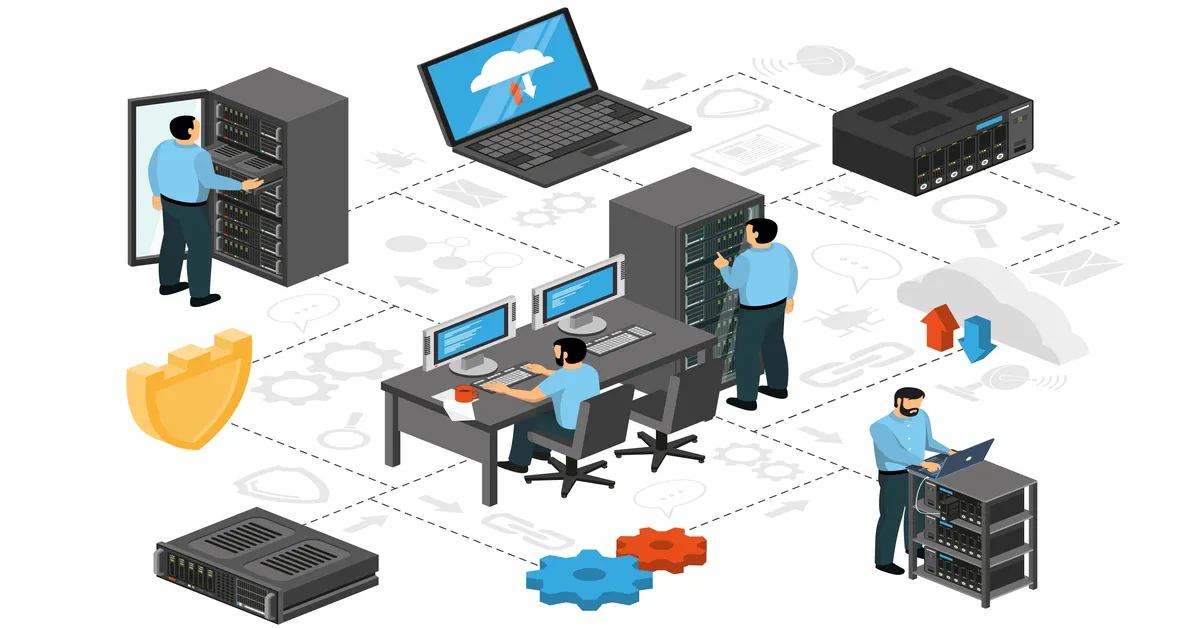🛡️ Backup Methods, Scheduling & Recovery
Backups are the most important part of any security strategy. They cut through idealism and confront the harsh reality: you can’t always prevent disaster, but you can always prepare for it. And in modern digital life, disasters can happen at multiple levels—even in a first-world context.
🧱 Layers of Backup: From Physical to Digital
Let’s break backup strategies down into layers, starting from the physical world.
🏠 Physical Backups
All your data originates on your personal computer, and selected content is uploaded to your site. But what happens if your local environment fails?
- What if your house burns down?
- What if your backup drive fails during a restore?
- Is two hard drives enough?
Disaster recovery planning means preparing for the worst-case scenario—not the most likely one. This mentality separates casual users from professionals. People who think this way don’t end up with total data loss.
☁️ VPS & Object Storage
🔁 Redundancy With VPS Providers
I use two VPS providers (Linode and DigitalOcean), both of which offer object storage:
- Object Storage: 250GB for $5/month
- Tool:
rclonesyncs files to the cloud usingrsynclogic
These backups include not only the live site data but everything else—notes, drafts, raw images, video clips, future content, and ideas. My working folder is just as important as the deployed site itself.
🔌 WordPress-Specific Backups
There are several useful options for backing up your WordPress environment:
🔄 Plugin-Based
- Plugin: UpdraftPlus – Backup/Restore (Free)
- Backup: database, uploads, themes, plugins
- Export and sync these backups to your object storage or cloud account
🗂️ XML Export
WordPress also allows a built-in export of your site’s configuration and post content as an .xml file. This is a lightweight way to preserve your content structure.
📤 Additional Free Cloud Backup Options
Even free services offer helpful storage for small sites:
- Google Drive: 15GB
- Koofr: ~10GB
- Both support integration with
rcloneand have native apps
🔁 Strategy: Layered Rotation
By rotating between multiple backup approaches:
- 📁 External hard drives (x2 or more)
- ☁️ Cloud object storage (Linode + DigitalOcean)
- 🧩 Plugin and XML-based WordPress backups
- 🗃️ Free services like Google Drive & Koofr
…you significantly reduce the risk of complete data loss. Even if one layer fails, others remain intact.
This is a cornerstone of digital resiliency. When all else fails, your backups won’t.
